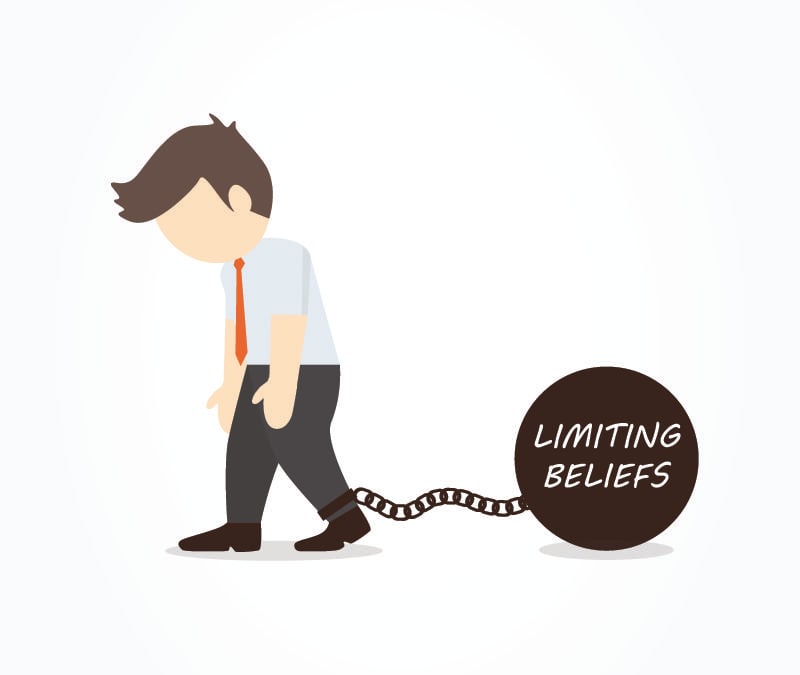Introduction:
Beliefs shape our perceptions, actions, and experiences. However, now not all beliefs are supportive and empowering. restricting beliefs can keep us lower back from achieving our complete potential and accomplishing our dreams. Overcoming limiting beliefs requires a shift in perspective and a change in mindset. In this article, we will explore what limiting beliefs are, how they hold us back, and practical strategies for overcoming them.
 |
| Limiting Beliefs |
What are Limiting Beliefs?
Limiting beliefs are negative self-perceptions and attitudes that limit our potential and hold us back from achieving our goals. These beliefs can stem from past experiences, cultural conditioning, or negative self-talk. Limiting beliefs can be specific to certain areas of our lives, such as relationships, finances, or career success. They often manifest as phrases such as "I'm not good enough," "I'll never be able to change," or "I don't deserve happiness."
How Limiting Beliefs Hold Us Back
Limiting beliefs can affect us in many ways. They can lower our self-esteem, reduce our confidence, and prevent us from pursuing our passions and goals. Limiting beliefs can also create self-fulfilling prophecies, where we act in ways that reinforce our negative self-perceptions. For example, if someone believes they are not good enough, they may avoid opportunities that would challenge that belief and instead, reinforce it.
Overcoming Limiting Beliefs
Overcoming limiting beliefs requires a shift in perspective and a change in mindset. Here are some practical strategies for breaking free from limiting beliefs:
- Identifying Limiting Beliefs:
step one in overcoming limiting beliefs is to discover them. Ask yourself what negative self-perceptions and attitudes hold you back and write them down.
- Challenging Limiting Beliefs:
Once you have identified your limiting beliefs, challenge them by questioning their validity and accuracy. Ask yourself if there is any evidence to support your beliefs and if there are any experiences that contradict them.
- Reframing Limiting Beliefs:
Reframe limiting beliefs by replacing them with positive and empowering ones. For example, Instead of dwelling on the thought "I'm not good enough," consider the notion that "I possess distinct abilities and strengths that define me as an individual."
- Practice Self-Compassion:
Limiting beliefs often stem from negative self-talk and self-criticism. Practice self-compassion by being kind and understanding towards yourself, just as you would with a friend.
- Surround Yourself with Positive People:
Surrounding yourself with positive and supportive people can help you overcome limiting beliefs. Seek out individuals who are encouraging and uplifting, and limit your exposure to negative influences.
- Take Action:
Taking action can help break the cycle of self-doubt and low self-esteem. Pursue your goals and engage in activities that challenge and stretch your abilities.
Conclusion:
Restricting ideals can keep us lower back from achieving our complete potential and accomplishing our desires. However, by identifying, challenging, and reframing these beliefs, we can break free from their hold and embark on a journey of personal growth and empowerment. With a positive mindset, self-compassion, supportive relationships, and action, we can overcome limiting beliefs and achieve our aspirations.




0 Comments